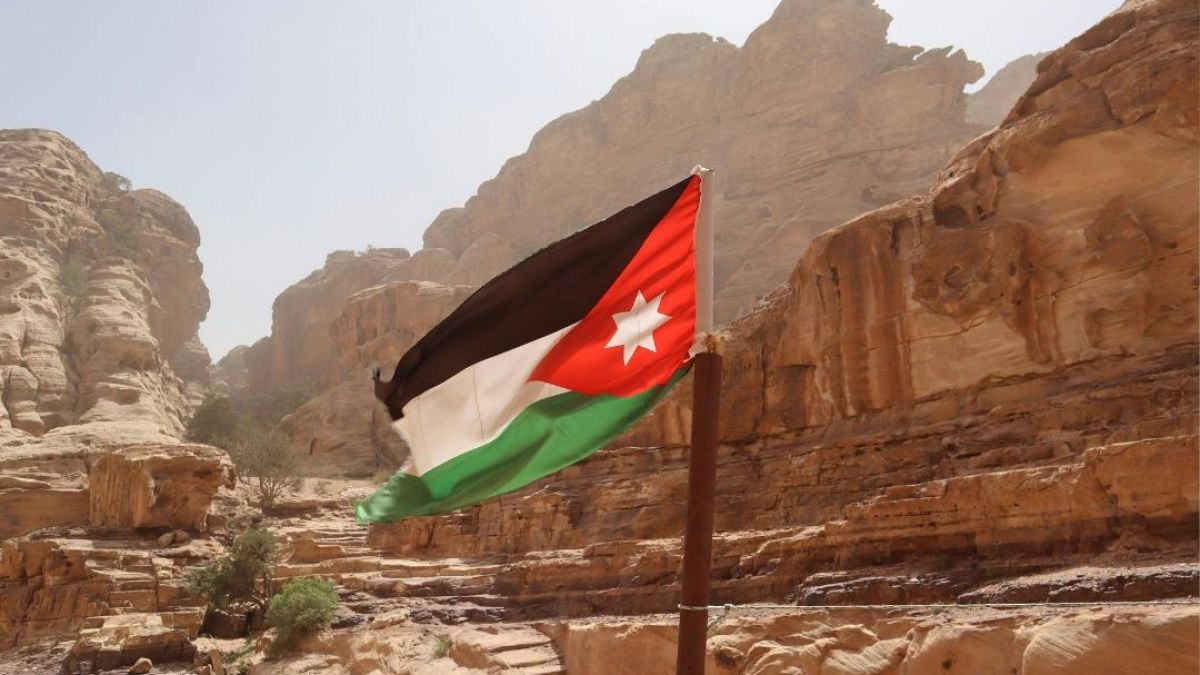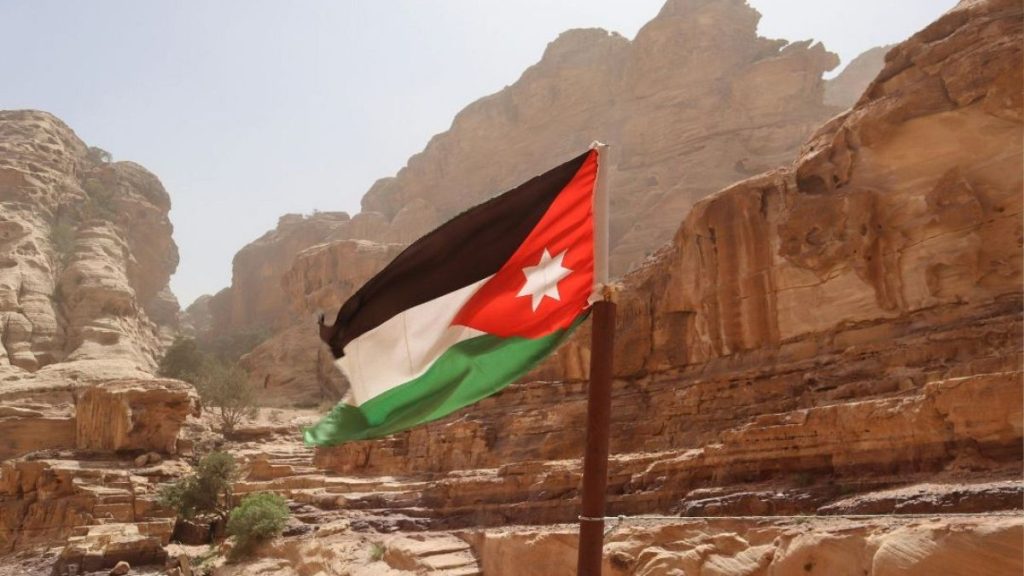Jordan sharply criticized Israel over statements and actions it described as “provocative,” coinciding with escalating international moves to recognize a Palestinian state.
On Wednesday, the Jordanian Ministry of Foreign Affairs and Expatriates condemned Israeli Finance Minister Bezalel Smotrich’s incursion into Palestinian territories, alongside his “hostile and racist” statements calling for annexation of the West Bank, rejecting the establishment of a Palestinian state, and threatening the Palestinian Authority.
The ministry considered these acts a “blatant violation of international law” and a “serious and unacceptable escalation,” asserting that Israel “has no sovereignty” over Palestinian lands and that its actions defy the international consensus on the two-state solution.
Jordanian Foreign Ministry spokesperson Ambassador Fouad Al-Majali reiterated his country’s absolute rejection of the inciting statements and repeated incursions carried out by extremists within the Israeli government. He warned that the lack of accountability and culture of impunity encourage Israel to continue its “attacks and incitement” against the Palestinian people and leadership.
Al-Majali added that Israel, through the policies of its extremist government members, seeks to “entrench illegal occupation and expand colonial settlements” and impose forced displacement in clear violation of international law and UN Security Council resolutions, notably Resolution 2334. He also warned that illegal unilateral measures and Israeli racist rhetoric aim to impose new facts by force, threatening to escalate tensions and jeopardize regional stability.
New Annexation Plan Amid International Moves
Earlier on Wednesday, Smotrich revealed a proposal to annex about 82% of the West Bank occupied since 1967, calling on Prime Minister Benjamin Netanyahu to take what he described as a “historic decision” to apply Israeli sovereignty over “Judea and Samaria,” the terms Israel uses for the West Bank.
In a joint statement with Yisrael Gantz, head of the West Bank settlements council, he said that the settlements administration at the Defense Ministry had been working in recent months on mapping sovereignty, paving the way to apply Israeli sovereignty over 82% of the land. According to the proposal, Palestinians would continue to manage their local affairs temporarily, but the role of the Palestinian Authority would gradually diminish in favor of regional civil administrative alternatives.
He justified the move by saying that “broad consensus on sovereignty is a direct result of a deep understanding that an existential threat cannot be allowed to take root among us,” stressing that the time has come to declare this clearly and act accordingly.
Since 1967, Israel has established hundreds of settlements in the West Bank and intensified land acquisitions and settlement expansions considered illegal by the international community.
These developments coincide with accelerated Western moves to recognize the Palestinian state. France is leading a push within the United Nations to recognize the state during this month’s General Assembly meetings, while Belgium announced on Tuesday its joining a list of European and Western countries including Australia, Canada, and France that have expressed intentions to recognize Palestine. These positions have been met with sharp criticism from Israeli officials, led by Netanyahu.














Recommended for you
Talib Al-Rifai Chronicles Kuwaiti Art Heritage in "Doukhi.. Tasaseem Al-Saba"
Exhibition City Completes About 80% of Preparations for the Damascus International Fair Launch
Unified Admission Applications Start Tuesday with 640 Students to be Accepted in Medicine
Egypt Post: We Have Over 10 Million Customers in Savings Accounts and Offer Daily, Monthly, and Annual Returns
His Highness Sheikh Isa bin Salman bin Hamad Al Khalifa Receives the United States Ambassador to the Kingdom of Bahrain
Al-Jaghbeer: The Industrial Sector Leads Economic Growth